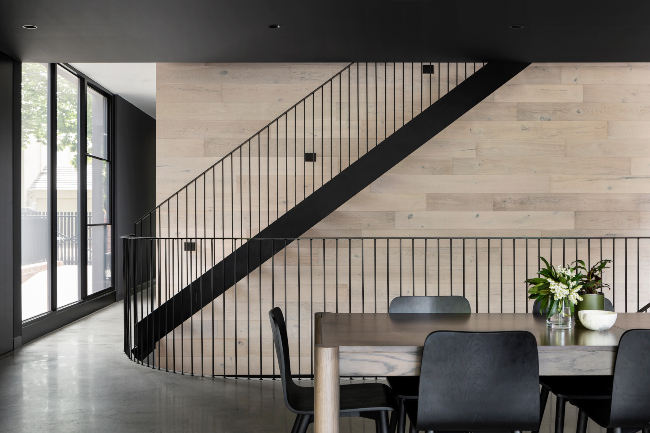What Do Autonomous Systems in Residential Houses Bring Us?

Autonomous systems were a domain of luxurious and technologically advanced houses in the past. Now they’re becoming a relatively common and available component of architectural projects. And it doesn’t matter whether they are new buildings or reconstructions. While understanding the working principles of these technologies might be a bit difficult, its primary purpose is a greater rate of security and simplicity in house operation.
From the definition of autonomous household itself, it is clear that this system takes care of processes without the need to complicate the life of users. The main idea is to interconnect the individual devices through a central control unit and enable their controlling from a computer, tablet or smartphone. What devices are we talking about? Currently, primarily lighting, electrical devices, heating and air conditioning and also alarm, security, doors and windows, camera systems and more.
What will these technologies help us with?
Increased security
This reason belongs to the most common ones when considering automated house systems. The information gathered from the connected devices help the system know when the residents are home and when they are not. They lock the doors and gate, set the selected appliances to standby mode. Artificial intelligence can furthermore be used for identification of potential risks and actively notify the owner that there’s something wrong.
Improving the quality of life with a disability and limited mobility
The technology can be a huge helper for people with a disability or seniors. Thanks to motion sensors, lights can be automatically switched on without the need of touching them. In case of a fall or any other accident, the system automatically calls for help. Data monitoring blood pressure or blood sugar level can be implemented into this system as well. Therefore, it’s possible to track deviations from the norm in real time and intervene in case of need.
Energy saving
Although a one time investment in acquisition of a system like this is quite high, it can bring savings in the long term. Thermostats and smart lighting can be programmed for energy cost minimization and waste reduction. When it comes to electrical equipment, we can imagine the principle of utilization well. However, the system is able to manage water usage wisely as well. For example, an intelligent irrigation system is able to react to the current weather and based on that, adjust the amount of water used for watering.
The ability to automate repetitive tasks in a household can save time for more important things. For example, a smart refrigerator connected to the internet can find out what items have run out and order them. Thanks to smart devices, various applications can be programmed remotely or by touch. You will be able to control almost anything using a smartphone.
Maximum security is a necessity
We probably don’t have to state that systems like these have to be highly secured. Otherwise, the attempts to get into the central system could lead to invasion of privacy and taking control over the connected devices. Even despite the potential risk, most users, after having an experience with intelligent housing, do not like to go back to a traditional house.
Autonomous systems in residential houses bring a lot of benefits that are starting to enter everyday life as well. Among important properties, there is the option of constantly improving and reacting to new conditions and requirements. From a safety, energy saving and the whole comfort point of view, they represent a significant benefit.
Related articles
Jun 7, 2024
DJI introduces its first delivery drone
DJI introduces its first delivery drone
Jun 7, 2024
5 expert insights into the world of dynamic simulations and logistics
5 expert insights into the world of dynamic simulations and logistics
Apr 2, 2024